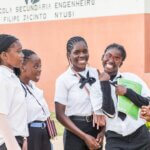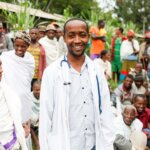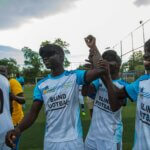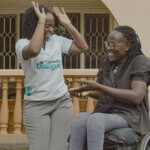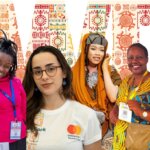- General
- Disability Rights
- Economic Empowerment
- Eye Health
- Gender
- Humanitarian Action
- Inclusive Education
From treating trachoma and providing education in emergencies to championing disability rights, here are some positive news stories from Light for the World’s work.
After another volatile year for the world, we could all use some good news.
Despite ongoing global challenges, in 2024 Light for the World has reached countless people to promote disability rights, inclusive education and economic empowerment, including in emergencies, and access to eye health.
“Conflicts, the climate crisis and other emergencies continued to hit people with disabilities in lower-income countries hardest in 2024, which makes our work at Light for the World even more vital,” says Marion Lieser, CEO at Light for the World International.
“Working alongside our partners, we have sparked positive change in disability rights and eye health this year and are thrilled to share some of the highlights.
“We also launched our Strategy 2030 with a new mission, vision, values and theory of change. Together with the people we work with – the drivers of change – our Strategy 2030 sets us on a stronger footing to deliver impact, at scale, sustainably.”
Here are 13 good news stories from 2024.
1. Treating children for trachoma
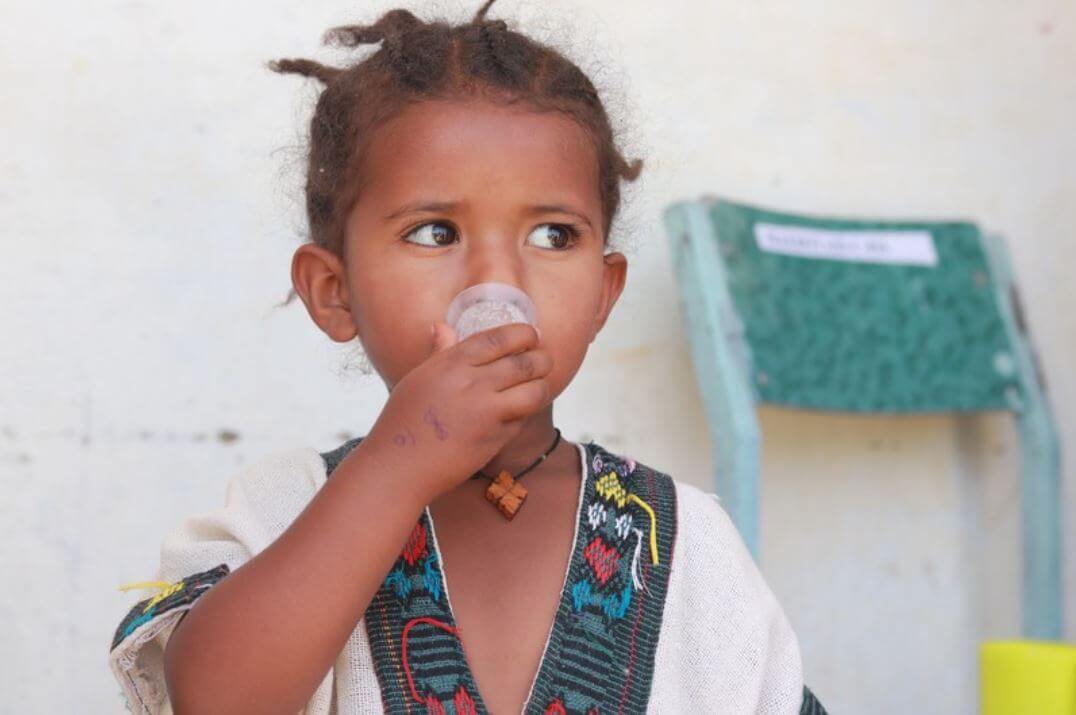
Light for the World treated over 116,000 children for the first-ever child mass trachoma treatment campaign in Tigray, Ethiopia. Trachoma is a disease of the eye caused by bacterial infection.
This Mass Drug Administration (MDA) moves us and our partners closer to our goal to eliminate trachoma as a public health problem in Ethiopia by 2030.
Under efforts to rebuild the health system following conflict, we also trained twenty eye-health nurses across Tigray in disability awareness and inclusion. The nurses are undergoing certification training to become Trachomatous Trichiasis (TT) surgeons.
2. Redefining work for young people with disabilities
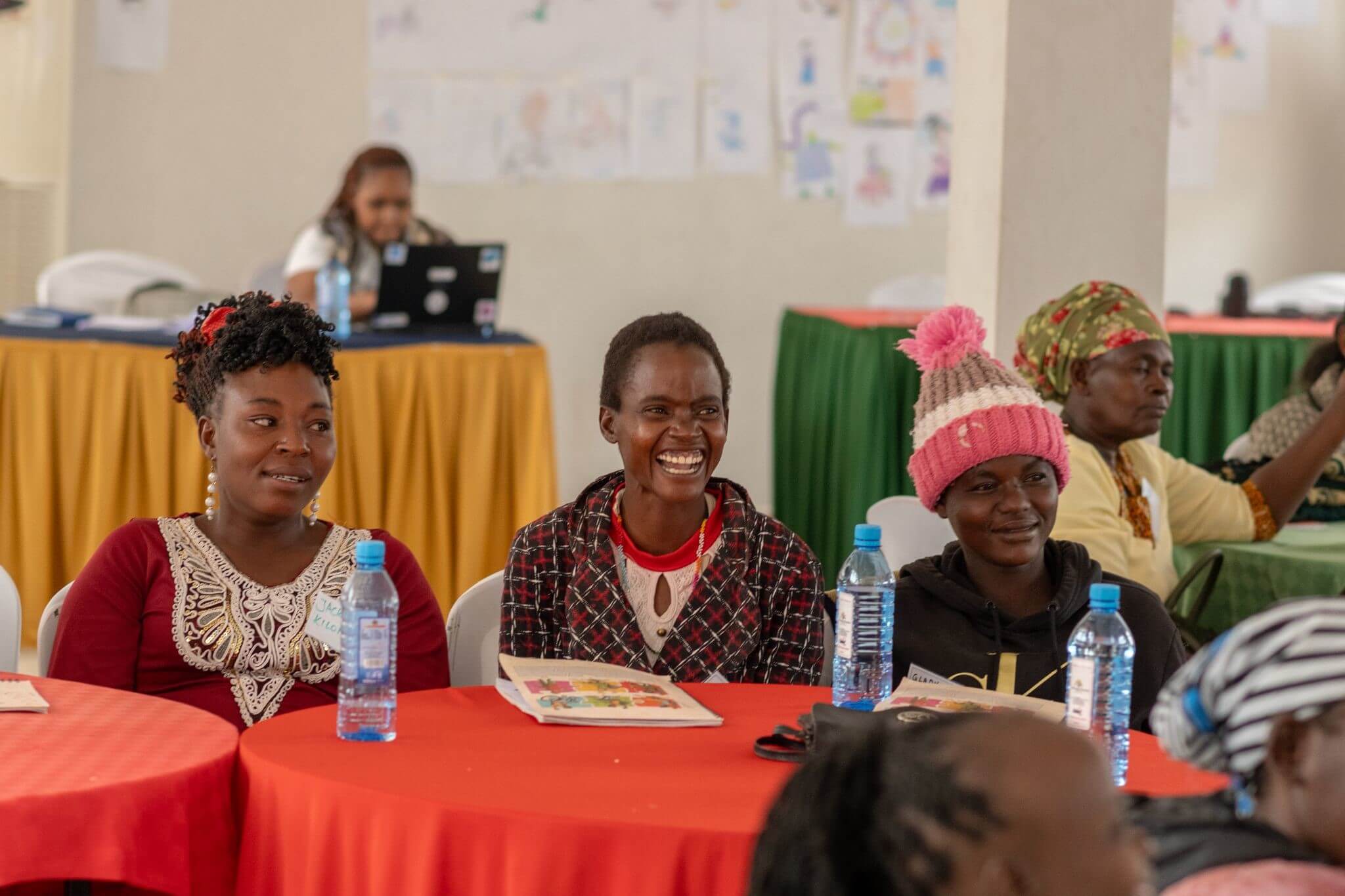
More than 500 young people with disabilities graduated from the We Can Work Academy in Uganda, Kenya, Ethiopia, Rwanda, Ghana, Nigeria and Senegal, with key core life skills.
The training was part of the We Can Work programme, in partnership with Mastercard Foundation, African Disability Forum, Crosswise Works and national Organisations of Persons with Disabilities (OPDs).
From the launch of an international storytelling competition and co-creation report to lessons on disability inclusive mental health, the programme has reshaped perceptions of youth with disabilities in Africa and helped them to find decent and fulfilling work.
3. Transforming eye health
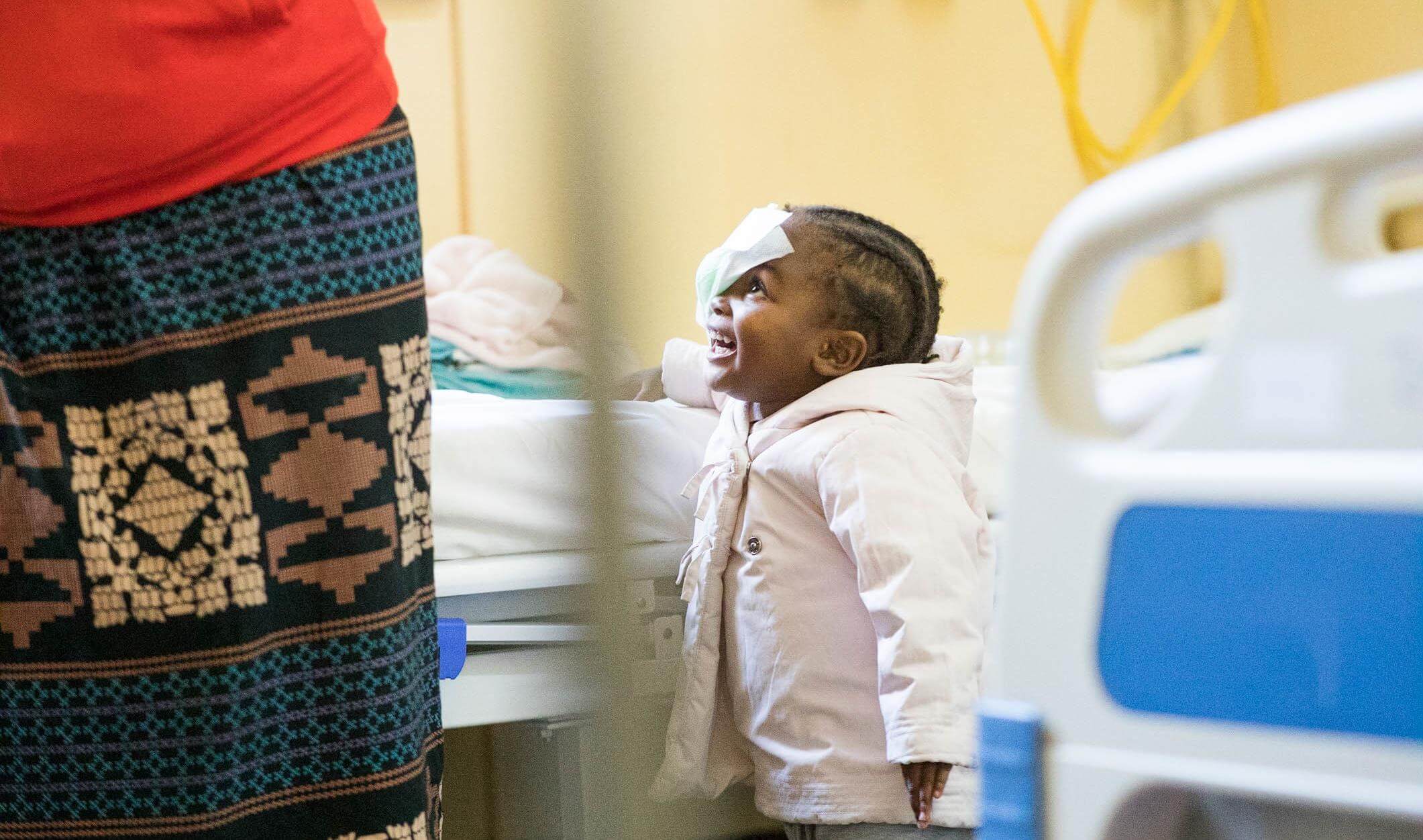
We reached over half a million children through our flagship eye health programme, “1, 2, 3 …I can see!”.
Working alongside national health authorities, the programme continues to deliver remarkable results and achieve crucial local and government leadership in Burkina Faso, Ethiopia, Mozambique and Uganda.
Children treated this year include Deolinda, 2, who received surgery to treat cataracts in Maputo Hospital, Mozambique.
Her mother, Herminia says: “I want Deolinda to grow up as a healthy child. She should be free to do what she wants to do in her life. I am so relieved that Deolinda finally got the operation. I am very grateful.”
4. Advocating for inclusion
We continued to advocate for disability rights across the globe in 2024 – from the African Disability Conference to supporting formation of a national union of OPDs in South Sudan.
At the Africa Regional Forum on Sustainable Development, Hannan Endale Tabor, Programme Manager at Light for the World Ethiopia, called on governments to act:
“We need to meaningfully strategise to improve disability inclusion. We represent 15 to 17 per cent of every population. We deserve to be considered,” she said.
Ambrose Murangira, Thematic Director of Disability Inclusion at Light for the World, shared his top tips on how to respectfully communicate with a Deaf person.
In South Sudan, we helped launch the country’s first Sign Language Training Centre in partnership with the South Sudan National Association of the Deaf and Community Empowerment for Progress Organisation.
And in Austria, we supported the development of an Austrian human rights alliance.
5. International media attention
Light for the World featured in top international media in 2024 with the likes of CNN, BBC, El Pais and The Guardian raising valuable awareness of our projects and programmes.
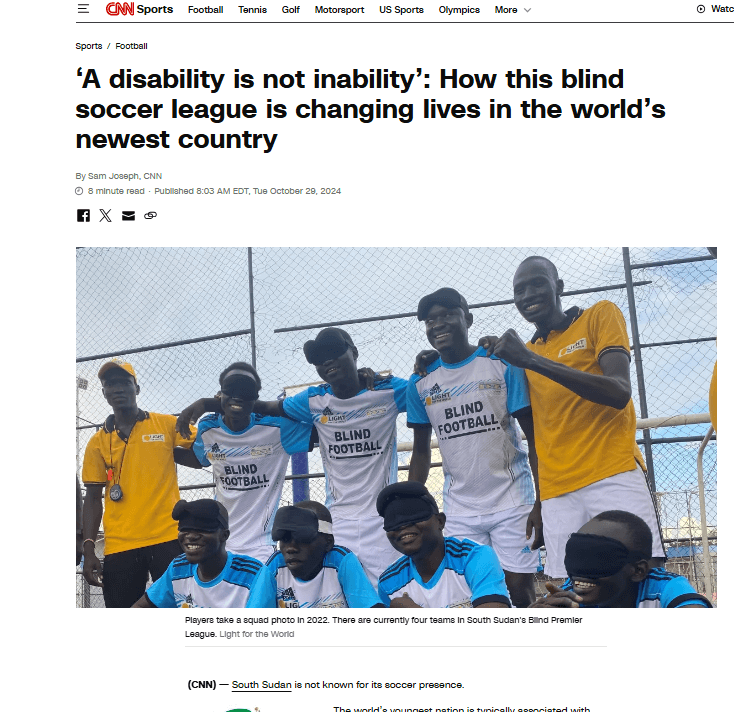
Our work was also covered by specialist outlets — like The Ophthalmologist — and prominent media in the countries we work in, including Nation (Kenya), New Vision (Uganda) and The Tower Post (South Sudan).
We also saw remarkable growth on our own channels, with Light for the World’s international LinkedIn profile boasting more than 11,500 community followers.
6. Supporting people with disabilities in historic floods
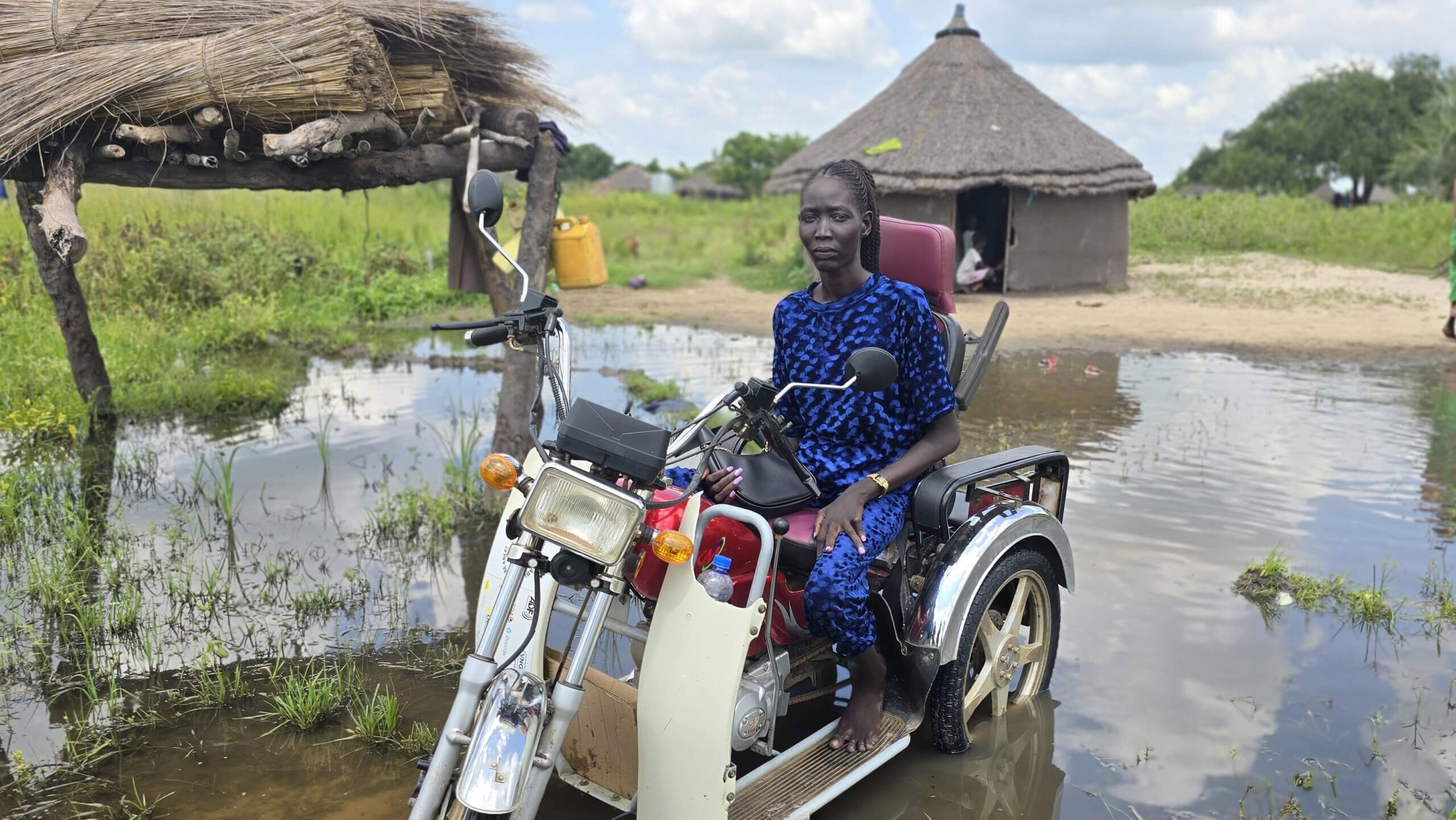
Disability Inclusion Facilitators (DIFs) supported people with disabilities in Jonglei State, South Sudan, to prepare for and respond to unprecedented floods, caused by the climate crisis.
DIFs advised how to evacuate to safe spaces and provided mobility devices, including wheelchairs, tricycles, walking sticks and white canes. Several temporary shelters were made accessible for people with disabilities.
Our call to protect people with disabilities, in this and other climate crises, was reported by UN OCHA’s ReliefWeb and Disability Debrief.
7. Inclusive education in emergencies
More than 2,600 children with disabilities in Ethiopia will be able to study in inclusive learning environments after a successful project to expand access to education.
Light for the World partnered with UNICEF for the emergency education project. We teamed up with Berhan Lehetsanat, Help for Persons with Disabilities Organization (HPDO), Imagine One Day and the Amhara Regional Education Bureau to ensure that girls and boys with disabilities are not forgotten in emergency situations.
In South Sudan, in collaboration with the South Sudan Ministry of General Education and Instruction, we launched sign language and braille training for teachers to support children with disabilities in the classroom.
Part of a multi-year resilience programme supported by Education Cannot Wait, the next generation of educators are learning how to give disability-inclusive classes for all.
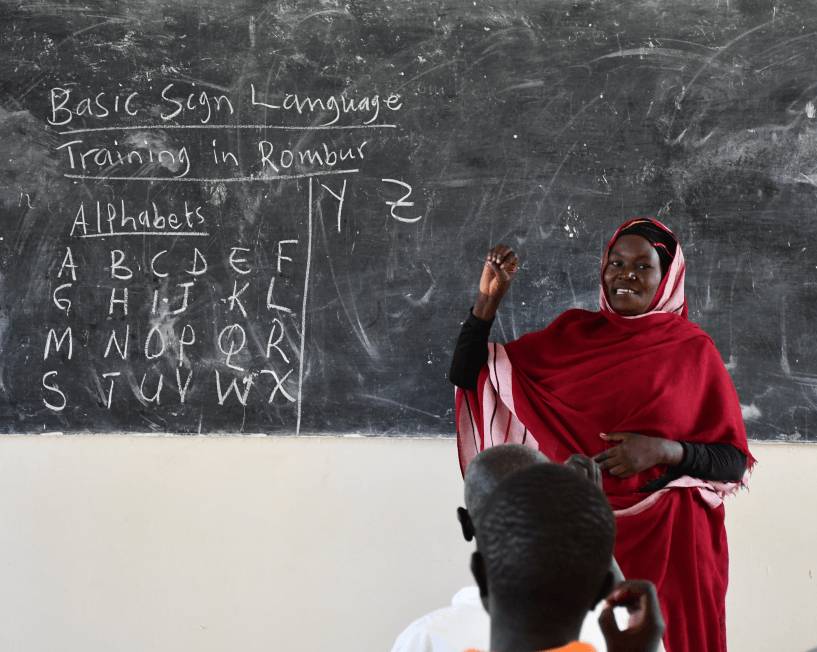
8. Changing minds with creative arts
We continued to work with Sauti Media Hub to challenge stereotypes and change minds about disability in Uganda in 2024.
Parton Musiimenta, who signs popular songs, was the winner of Sauti Canvas Season Two. The Uganda’s Got Talent-style project uncovers and amplifies the talents of artists with disabilities under 35 including singers, dancers and musicians.
Meanwhile, “When You Become Me”, a groundbreaking film changing minds about disability in Uganda, secured more international awards. The movie, co-produced by Light for the World Uganda, stars amateur actors with disabilities and tells real stories of discrimination.
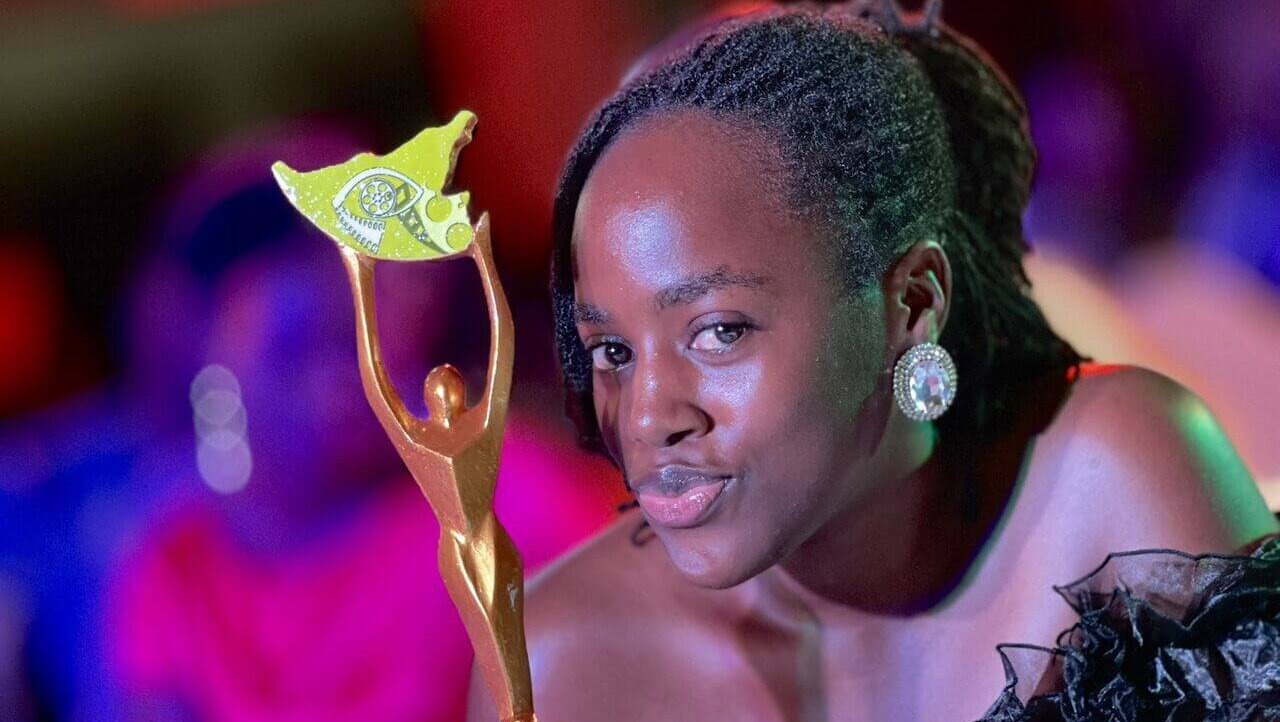
9. Expert colleagues
Our talented expert colleagues represented Light for the World at influential international events in 2024.
They include Wilson Kamau, a Disability Inclusion Facilitator, who was appointed to the inaugural European Union Youth Sounding Board in Kenya.
Jane Waithera (pictured), Head of the Disability Inclusion Advisory Unit in Kenya, featured in a World Health Organization video showcasing the life-changing impact of eye care.
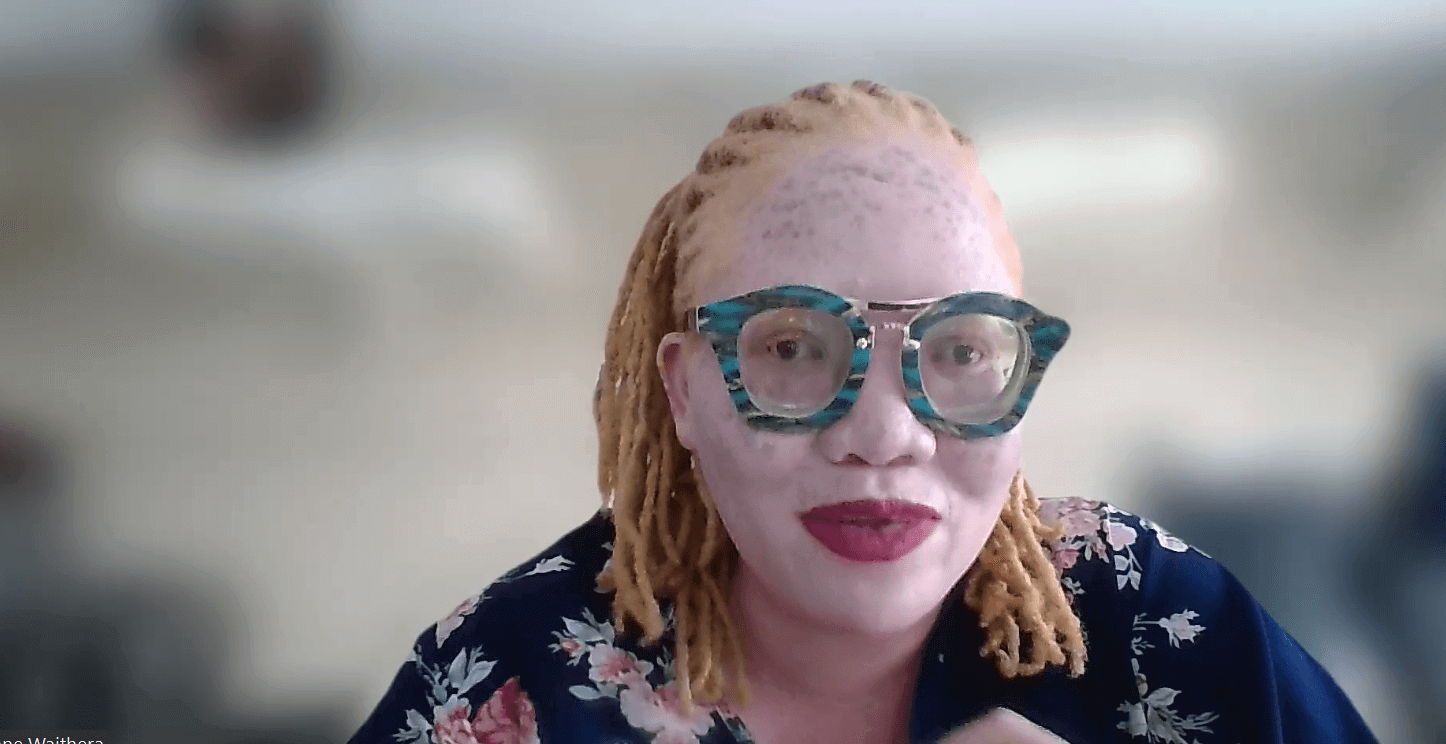
Stanley Mutuma, an international board member at Light for the World, attended the Paralympic Games in Paris in his role as Secretary General of the Kenya Paralympic movement.
Issa Khamis, a Disability Inclusion Advisor for Light for the World South Sudan, called for a more inclusive society at an international anti-landmine conference.
And Musa Mwambu, a Disability Inclusion Advisor for Light for the World Uganda, made history as the first anchor with a visual impairment to deliver the news to the nation for NTV Uganda.
10. Agricultural innovations
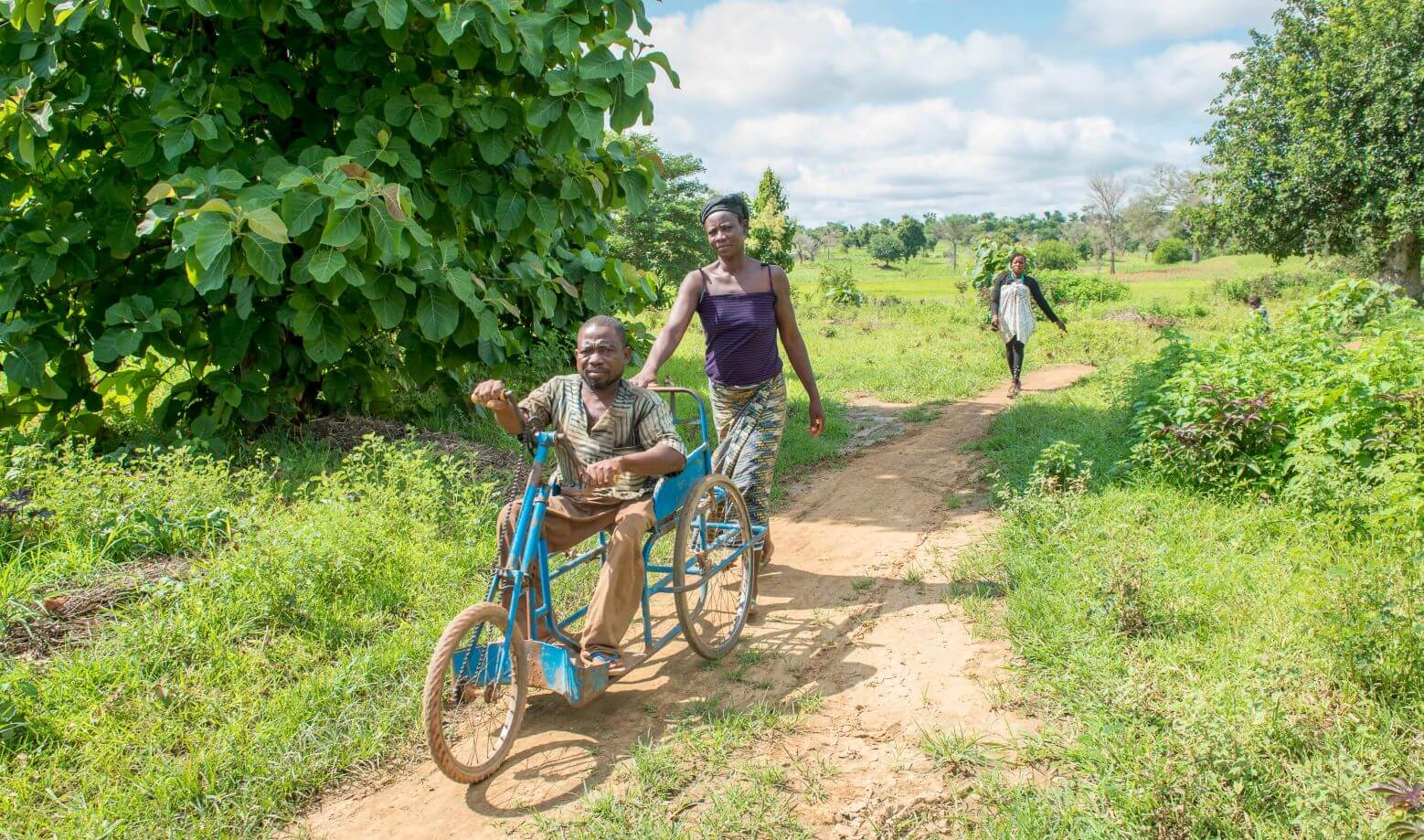
Farmers, OPDs and technical experts from Burkina Faso, Mozambique, Malawi, India and Austria came together to share and scale up successful practices in disability inclusive agriculture.
The ‘Learning Route’ showcased the services, support mechanisms and co-designed ‘AgriLab’ workshops that have enabled the inclusion of people with disabilities in agricultural and livestock value chains.
This Learning Route is part of the SPARK programme, led by Light for the World, funded by the International Fund for Agricultural Development, in partnership with the International Labour Organisation and Procasur Africa.
11. Practical tips promote inclusion
With 2024 the biggest election year in history, our experts gave advice on how to ensure equal access for voters with disabilities.
More than 10,000 readers clicked on our article and we had close to 4 million impressions across our social media channels.
Collins Ombajo, a Disability Inclusion Advisor with Light for the World Kenya, says: “Every adult has the right to vote on decisions that will affect their lives. It is our collective responsibility to uphold this right, so no one is left out of the democratic process.”
Our advice for media — “How to report on disability: 6 tips for journalists” — also gained attention this year, including more than 26,500 impressions on LinkedIn alone.
12. Action in emergencies
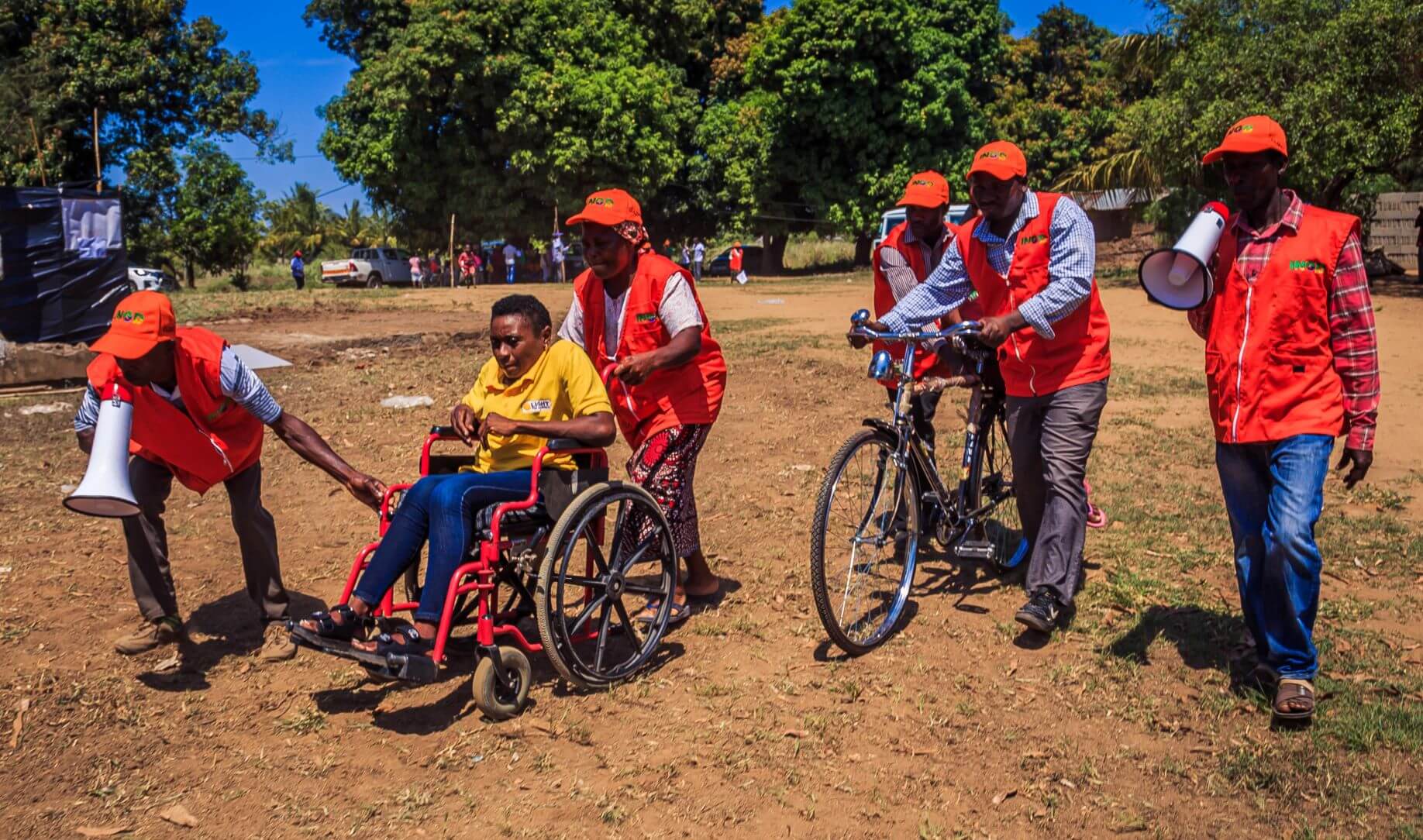
Working alongside our partners, we ensured people with disabilities were supported in emergencies.
In Mozambique, we partnered with INGD to include people with disabilities, especially women and girls, in disaster response. Local Disaster Risk Management Committees received emergency kits with essential equipment to alert communities, locate safe zones and support vulnerable populations during climate emergencies.
Part of the ICDP project, funded by Austrian Development Agency, communities are now better equipped to respond to disasters.
In Burkina Faso, we continued to support resilience and inclusion.
With funding from the Austrian Development Agency, we launched the second phase of the ReCouVrer project with Caritas Austria, Red Cross Austria, and OCADES Kaya. Led by Disability Inclusion Facilitators, ReCouVer focuses on inclusive activities such as resilience building, equitable employability and food and nutritional security.
13. Partnership pride
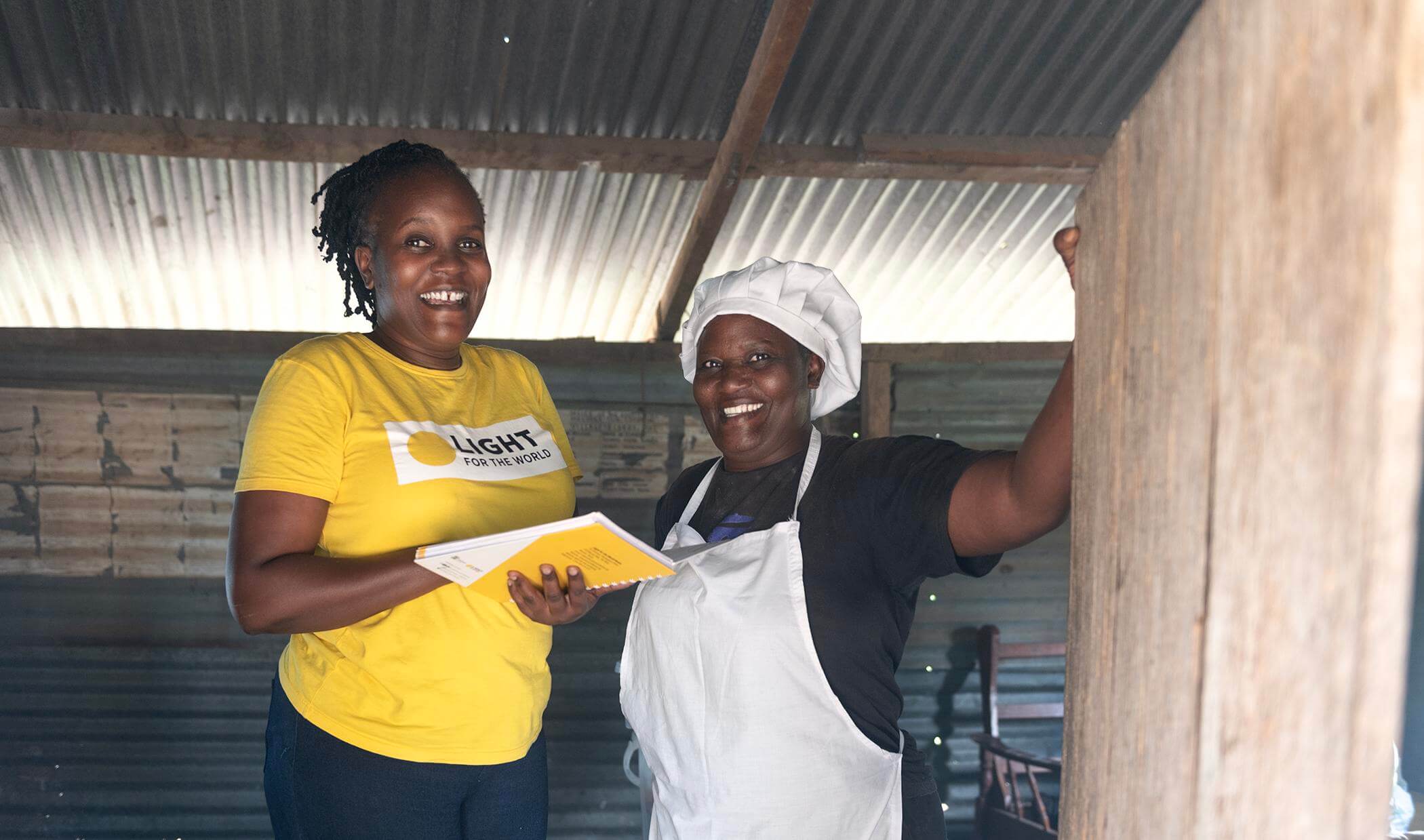
We continued to work with trusted partners to spark change on disability rights and eye health in 2024.
As well as working with OPDs and existing partners, we also joined forces with new partners to maximise our collective impact.
Light for the World proudly joined the SPECS Network as a key member this year, reinforcing our commitment to advancing global eye care. The network unites stakeholders to achieve the 2030 refractive error target, drives advocacy, and fosters collaboration on refractive errors.
We continue to partner with IAPB to call for a world where every child has eye health that is accessible, available and affordable.
As part of the Inclusive Futures programme, led by Sightsavers, and together with UDPK, Sense International, Humanity & Inclusion and UKAID, we listened to people and partners to share Six Principles for Inclusive Development.
We also teamed up with WEEE Centre, one of Africa’s largest ISO certified e-waste management companies, for the PowerUP programme in Kenya. In partnership with Bopinc, we are making sure young women and men with disabilities are not left behind when it comes to green economy opportunities.
